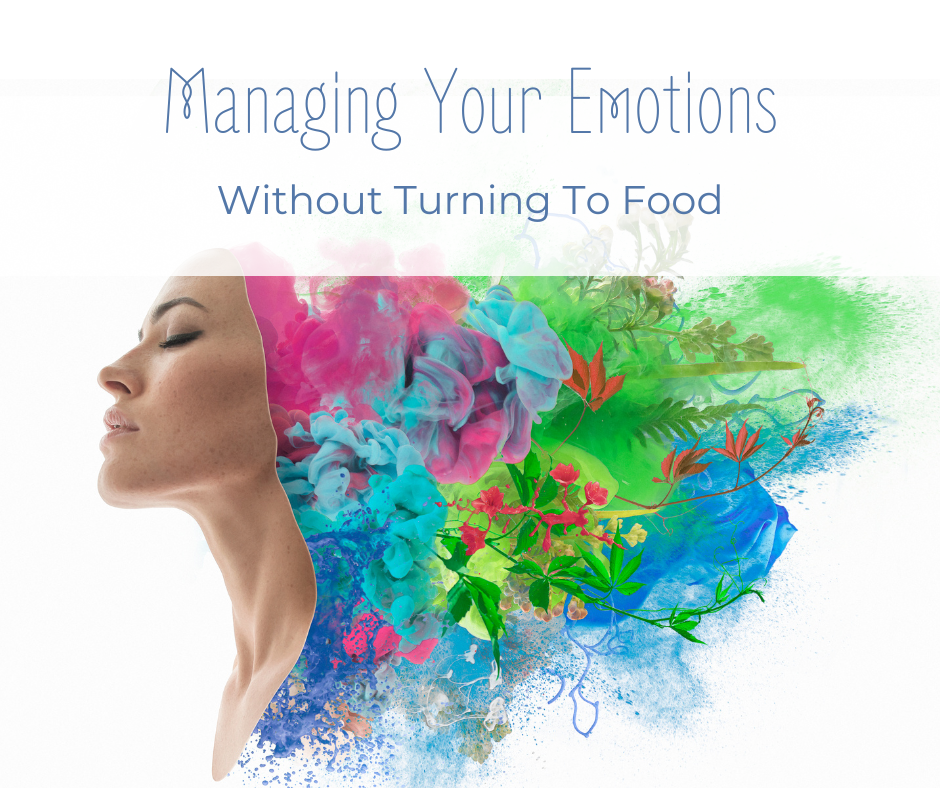Emotional eating is a common response to stress, sadness, boredom, or even joy. It involves turning to food for comfort rather than addressing underlying emotions.
Discovering effective strategies to manage emotional eating is a powerful step toward building a healthier relationship with food and nourishing your emotions in ways that truly satisfy.
Let’s take a look at strategies we can use to manage emotional eating successfully.
Cultivate Mindful Awareness:
The first step in managing emotional eating is developing awareness. Pay attention to your emotions and the triggers that lead to the desire to eat. Mindful awareness allows you to make conscious choices in the moment.

Establish Emotional Connection:
Explore alternative ways to address and express your emotions. Journaling, deep breathing, meditation, taking a walk or talking to a friend or therapist are powerful tools for processing emotions without turning to food.

Create a Support System:
Building a support network is essential. Share your journey with friends, family, or a support group. Having a reliable support system provides encouragement and understanding during challenging times

Stock a Healthy Environment:
Set yourself up for success by creating a home environment that supports your well-being. Keep nourishing snacks on hand, and limit the presence of highly processed or tempting foods that may trigger emotional eating.

Practice Intuitive Eating:
Listen to your body’s hunger and fullness cues. Eat when you’re hungry and stop when you’re satisfied. Intuitive eating helps you develop a healthier relationship with food and honors your body’s natural signals.

Develop Healthy Coping Mechanisms:
Identify non-food-related activities that bring you joy and comfort. Engaging in hobbies, exercise, finding ways to connect with friends and your community, or exploring relaxation techniques can become go-to strategies for managing stress and emotions.

Now, let’s explore practical tips to implement these strategies and make progress in managing emotional eating:
– Keep a Food and Mood Journal. Track your food choices alongside your emotions to identify patterns and triggers.
– Celebrate Non-Scale Victories. Acknowledge and celebrate achievements that go beyond the scale, such as developing healthier coping mechanisms or practicing mindful eating.
– Notice Other Activities that Nourish You. The more you find activities that fill you up emotionally, the more you’ll find that turning to food for fulfillment decreases.
Visit the Free Resources on my Website for many articles you can download and get a head start on holistic ways to uplevel your life!
Here’s to a journey of mindful nourishment and emotional well-being!
